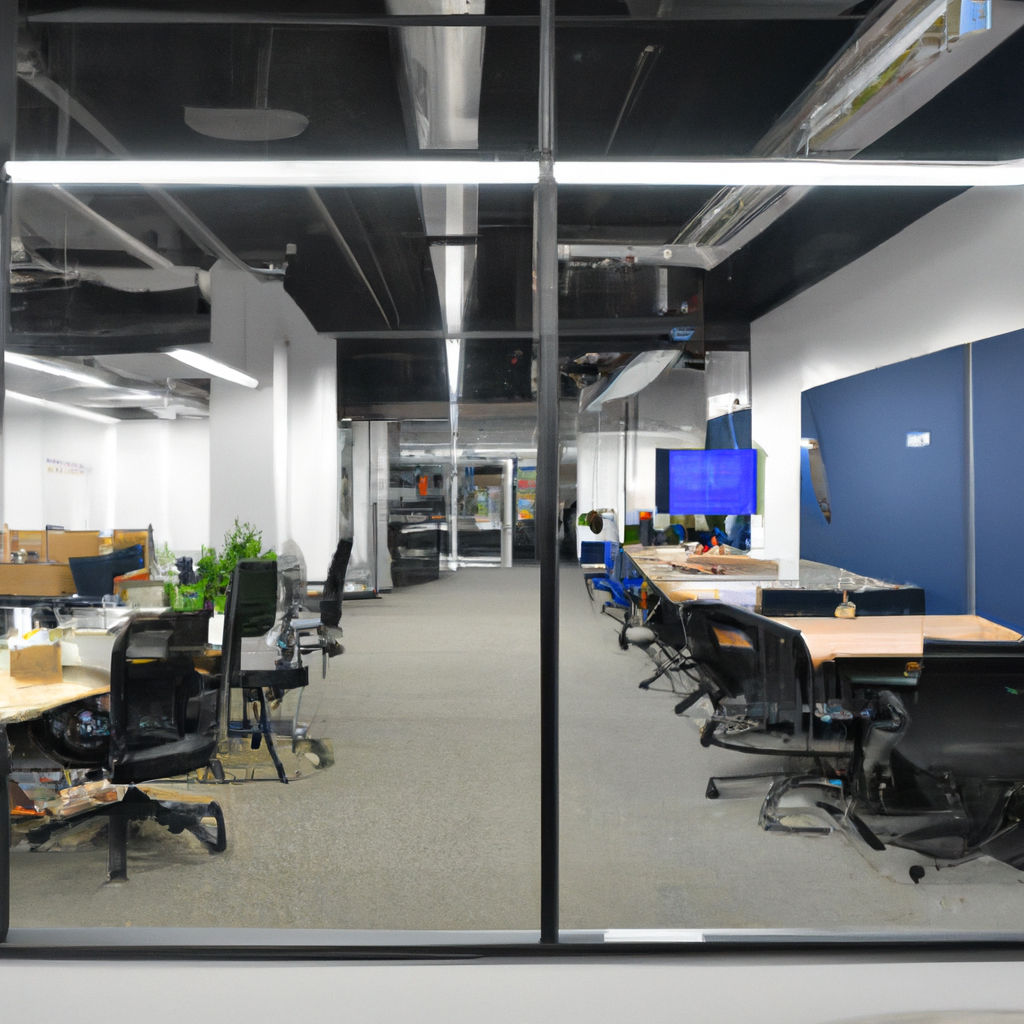Navigating the New Norm: The Future of Work in 2025
As we step into the second quarter of 2025, the landscape of work continues to evolve at an unprecedented pace. The transformation driven by technological advancement and shifting economic priorities has redefined traditional work paradigms, giving rise to new challenges and opportunities.
Hybrid Work Models
The adoption of hybrid work models is one of the most significant changes. Organizations now blend remote and in-office arrangements, optimizing productivity and employee satisfaction. This model necessitates advanced digital infrastructure and a strong emphasis on communication tools and policies to maintain efficiency across dispersed teams.
Artificial Intelligence and Automation
AI and automation continue to reshape industries by streamlining operations and enhancing decision-making processes. The challenge for businesses is to balance technology integration with job creation, ensuring a skilled workforce that can thrive alongside increasingly sophisticated machines.
Lifelong Learning and Skill Development
The demand for continuous learning and upskilling is more critical than ever. Workers must adapt to rapidly changing job requirements, fostering a culture of lifelong learning. Organizations play a pivotal role by providing training programs and learning opportunities to help employees stay competitive.
Mental Health and Wellbeing
With changes in work structures, there is a growing focus on mental health and wellbeing. Companies are implementing supportive practices and wellness programs to ensure a healthy work-life balance for their teams, recognizing the importance of mental health in achieving business success.
In conclusion, the future of work in 2025 challenges us to embrace change, invest in people, and leverage technology wisely. By adapting to these trends, businesses and individuals can thrive in this dynamic new work environment.






